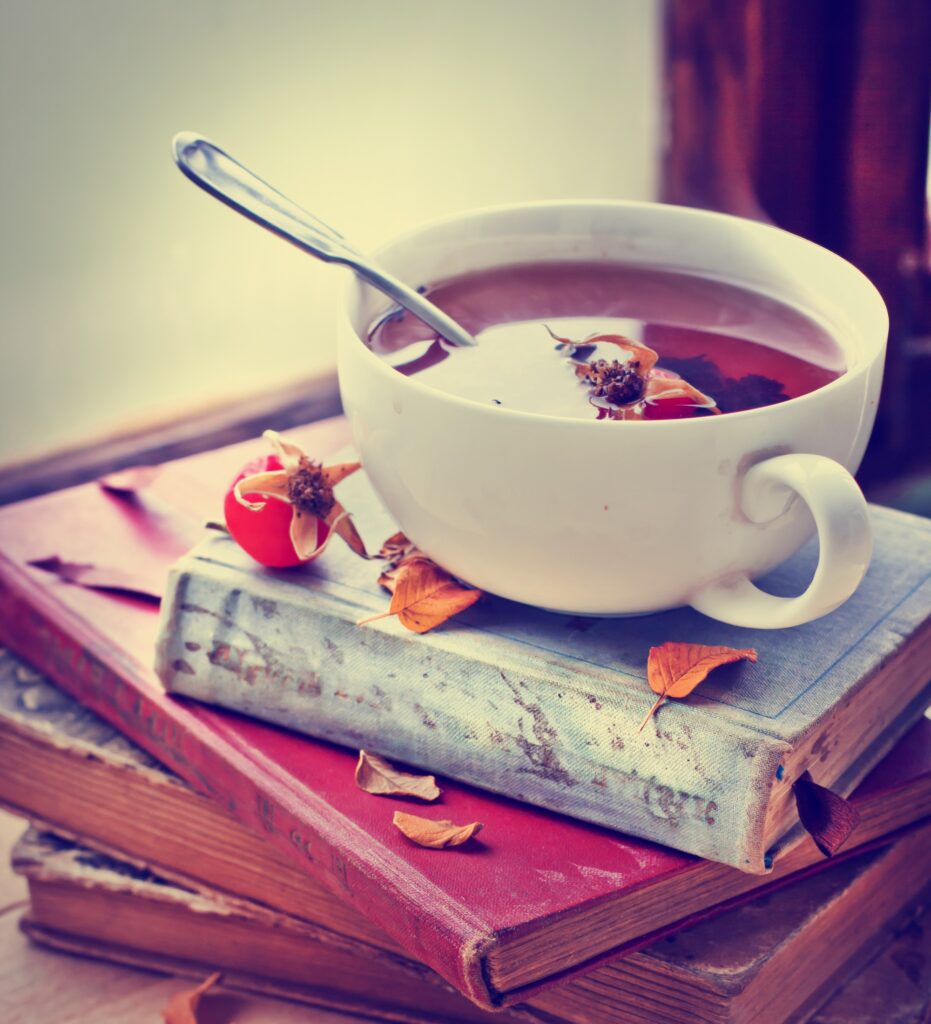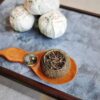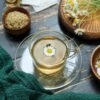
Imagine sinking into your favorite armchair, a steaming cup of fragrant rosehip tea in hand, as the day’s stress melts away. For centuries, this ruby-red elixir has been cherished not just for its tangy flavor, but for its potential to usher in a night of restful sleep. Let’s explore why rosehip tea might just become your new favorite bedtime ritual.
The Sleep-Enhancing Magic of Rosehip Tea
Rosehip tea, derived from the fruit of the rose plant, is a treasure trove of compounds that may contribute to better sleep:
- Vitamin C: This antioxidant powerhouse isn’t just for immunity. Studies suggest it may help reduce cortisol levels, potentially easing stress-related sleep disturbances.
- Flavonoids: These plant compounds have been linked to improved sleep quality in some research.
- Melatonin: While not as high as in some other foods, the presence of this sleep hormone in rosehips may contribute to its sleep-promoting effects.
Brewing the Perfect Bedtime Cup
Creating your sleep-inducing potion is simple:
- Boil water and let it cool for a minute (around 200°F/93°C is ideal)
- Add 1-2 teaspoons of dried rosehips or a rosehip tea bag to your cup
- Pour the hot water over the rosehips
- Steep for 5-10 minutes, depending on desired strength
- Strain (if using loose rosehips) and enjoy!
Pro tip: For an extra soothing touch, add a slice of lemon and a drizzle of honey.
Beyond Sleep: A Bounty of Benefits
While we’re focusing on its sleep-promoting potential, rosehip tea is a holistic health booster:
- 🌟 Rich in antioxidants
- 💪 Supports immune function
- ❤ May aid heart health
- 🦴 Potential anti-inflammatory properties
A Word of Caution
As with any natural remedy, it’s essential to be aware of potential side effects:
- Vitamin C content: While beneficial, excessive intake may cause digestive discomfort in some individuals.
- Interactions: If you’re on medication, especially blood thinners or diabetes drugs, consult your healthcare provider before making rosehip tea a regular part of your routine.
- Pregnancy and breastfeeding: Limited research exists on its safety in these conditions, so it’s best to err on the side of caution.
The Science and Tradition Blend
While modern science is still catching up to what traditional medicine has long known about rosehip tea, the emerging research is promising. A 2018 study published in the Journal of Ethnopharmacology found that rosehip extract had mild sedative effects in animal models, supporting its traditional use as a sleep aid.
However, it’s the combination of scientific backing and centuries of use that makes rosehip tea a compelling option for those seeking natural sleep solutions.
Your Invitation to Better Sleep
Ready to embrace the soothing power of rosehip tea? Here’s your action plan:
- Source quality rosehips: Look for organic, sustainably sourced options.
- Establish a routine: Try drinking a cup 30-60 minutes before bedtime.
- Create a relaxing environment: Pair your tea with calming activities like reading or gentle stretching.
- Listen to your body: Pay attention to how you feel and adjust accordingly.
Remember, the journey to better sleep is personal. Rosehip tea might be the missing piece in your sleep puzzle, offering a natural, delicious way to drift off to dreamland.
Sweet dreams await. Will you let rosehip tea be your guide?






